
A time, a place, and a plan.
This principle is courtesy, once again, of Josh Waltz, the pastor of my church. The study of habits is really big right now, with the trend bookended by, of course, two books. Charles Duhigg’s The Power of Habit was a great hit three years ago; I quote from it fairly extensively in the chapter on habits in my own book. And tomorrow Gretchen Rubin’s new book Better Than Before: Mastering the Habits of Our Everyday Lives comes out. I can hardly wait to read it!
One of Duhigg’s best insights is the idea of so-called “keystone habits.” In my book I said that for me a keystone is getting up in the morning when I wake up instead of just lying there. This morning I did indeed get up at 5:00, and, while I wouldn’t say that the day has gone perfectly, I’ve certainly been more productive than usual.
No habit exists in isolation. My habit of a weekday 45-minute walk can’t take place unless there’s time for me to take it, which feeds right back into my getting-up-when-I-wake-up habit. And since I’ve strengthened the habit of cutting out most of the added sugar from my diet I’ve felt much more alert and willing to get up in the mornings. That difference makes me wonder if I’ve been going around with blood-sugar levels that have been just a bit high most of the time, which can’t have been good. Since my higher-than-expected A1C levels at the end of 2014 I’ve been very, very motivated to keep things under control. It wasn’t enough for me to just say, “Sugar isn’t good for anyone, so I need to just cut most of it out.” No, I needed a scare.
Just because it’s mid-March instead of New Year’s Day doesn’t mean you can’t start a new good habit. (It helps most of us to think in terms of doing something good rather than not doing something bad.) What can you do today to build a positive structure into your life?
 Can reading, and re-reading, and re-re-reading a book make you happy? The answer is certainly yes for me. The book in today’s post didn’t just entertain me; it added a new facet to my understanding of the past, not only for the particular events described but for history in general. I don’t remember when I first read this, but it was probably when I was in high school. I came back to it as an adult and used its story about the ill-fated Richard III as the starting point for the 9th-grade world history class I taught for a number of years. I was reminded of the book recently because of all the hoo-hah around the discovery of Richard’s bones in Leicester, England, and their recent re-interment. Tey’s masterpiece has been dubbed the greatest detective novel of all time (Crime Writers’ Association, 1990), and I would agree with that assessment. You may recall an earlier post in which I said that Dorothy Sayers’ Gaudy Night was the greatest novel of the 20th century; that is only nominally a detective or mystery novel. So I’m not contradicting myself. Here’s my take:
Can reading, and re-reading, and re-re-reading a book make you happy? The answer is certainly yes for me. The book in today’s post didn’t just entertain me; it added a new facet to my understanding of the past, not only for the particular events described but for history in general. I don’t remember when I first read this, but it was probably when I was in high school. I came back to it as an adult and used its story about the ill-fated Richard III as the starting point for the 9th-grade world history class I taught for a number of years. I was reminded of the book recently because of all the hoo-hah around the discovery of Richard’s bones in Leicester, England, and their recent re-interment. Tey’s masterpiece has been dubbed the greatest detective novel of all time (Crime Writers’ Association, 1990), and I would agree with that assessment. You may recall an earlier post in which I said that Dorothy Sayers’ Gaudy Night was the greatest novel of the 20th century; that is only nominally a detective or mystery novel. So I’m not contradicting myself. Here’s my take: Can reading, and re-reading, and re-re-reading a book make you happy? The answer is certainly yes for me. The book in today’s post didn’t just entertain me; it added a new facet to my understanding of the past, not only for the particular events described but for history in general. I don’t remember when I first read this, but it was probably when I was in high school. I came back to it as an adult and used its story about the ill-fated Richard III as the starting point for the 9th-grade world history class I taught for a number of years. I was reminded of the book recently because of all the hoo-hah around the discovery of Richard’s bones in Leicester, England, and their recent re-interment. Tey’s masterpiece has been dubbed the greatest detective novel of all time (Crime Writers’ Association, 1990), and I would agree with that assessment. You may recall an earlier post in which I said that Dorothy Sayers’ Gaudy Night was the greatest novel of the 20th century; that is only nominally a detective or mystery novel. So I’m not contradicting myself. Here’s my take:
Can reading, and re-reading, and re-re-reading a book make you happy? The answer is certainly yes for me. The book in today’s post didn’t just entertain me; it added a new facet to my understanding of the past, not only for the particular events described but for history in general. I don’t remember when I first read this, but it was probably when I was in high school. I came back to it as an adult and used its story about the ill-fated Richard III as the starting point for the 9th-grade world history class I taught for a number of years. I was reminded of the book recently because of all the hoo-hah around the discovery of Richard’s bones in Leicester, England, and their recent re-interment. Tey’s masterpiece has been dubbed the greatest detective novel of all time (Crime Writers’ Association, 1990), and I would agree with that assessment. You may recall an earlier post in which I said that Dorothy Sayers’ Gaudy Night was the greatest novel of the 20th century; that is only nominally a detective or mystery novel. So I’m not contradicting myself. Here’s my take: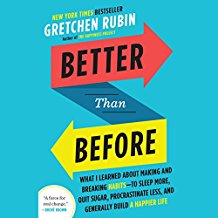 Better Than Before: Mastering the Habits of Our Everyday Lives by Gretchen Rubin, Crown Publishers, 2015.
Better Than Before: Mastering the Habits of Our Everyday Lives by Gretchen Rubin, Crown Publishers, 2015.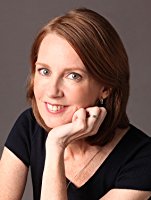
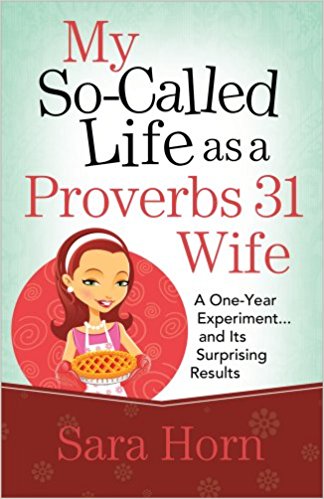
 A time, a place, and a plan.
A time, a place, and a plan.
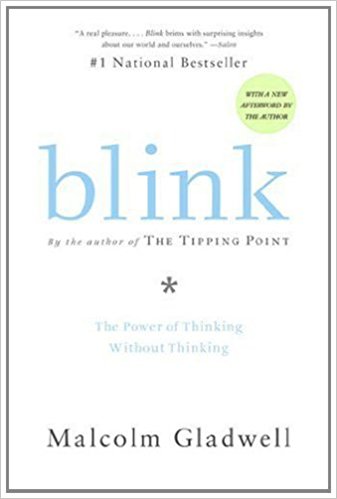 Blink: The Power of Thinking without Thinking by Malcolm Gladwell, Little Brown & Company, 2005.
Blink: The Power of Thinking without Thinking by Malcolm Gladwell, Little Brown & Company, 2005.
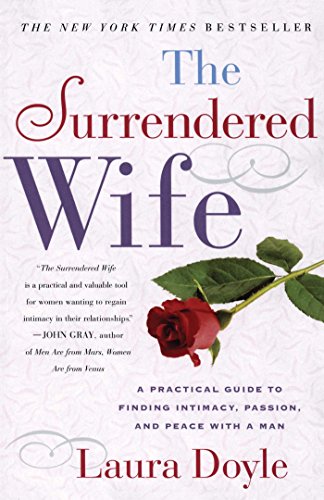 The Surrendered Wife: A Practical Guide to Finding Intimacy, Passion, and Peace with a Man by Laura Doyle, Simon and Schuster, 2001.
The Surrendered Wife: A Practical Guide to Finding Intimacy, Passion, and Peace with a Man by Laura Doyle, Simon and Schuster, 2001. Disciplines of the Beautiful Woman by Anne Ortlund, originally published by Word Books, 1977, available in many other formats and editions.
Disciplines of the Beautiful Woman by Anne Ortlund, originally published by Word Books, 1977, available in many other formats and editions.